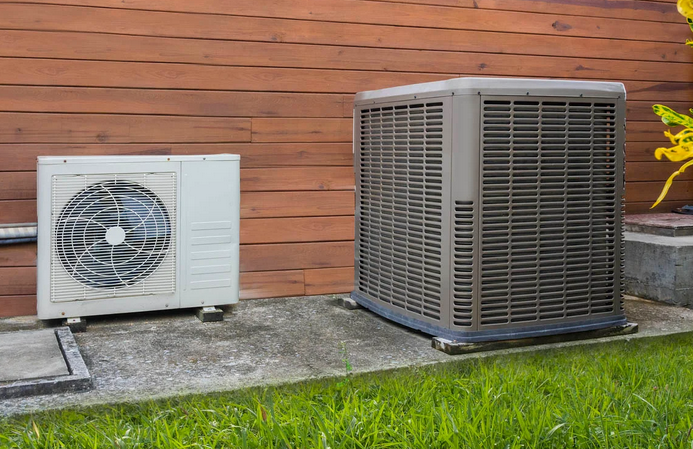Heat Pump are flexible and productive methods utilized for heating and cooling residential and commercial areas. They operate by moving heating in one destination to another, instead of producing warmth directly like classic furnaces or boilers. Here’s a breakdown in the essentials you must know about temperature pumping systems:
1. How Heat Pumps Job: Heat pumps employ refrigerant to move heating between outdoor and indoor conditions. In heating mode, the water pump extracts heating through the backyard atmosphere (even in cold temperatures) and transfers it indoors. In air conditioning setting, the process is reversed, with heating from inside getting expelled outdoors.
2. Varieties of Heating Pumps: There are several forms of warmth pumping systems available, which includes air flow-source, floor-source (geothermal), and normal water-source temperature pumps. Oxygen-supply heat pumps are the most prevalent, using the backyard air flow since the heat source. Ground-resource temperature pumps extract heat from the terrain, whilst h2o-source temperature pumping systems extract temperature from the water supply for instance a lake or pond.
3. Performance and Enviromentally friendly Affect: Temperature pumps provide higher effectiveness and ecological friendliness. They could provide heating and air conditioning utilizing significantly less vitality compared to traditional air conditioning techniques, which can cause reduce power bills and reduced carbon dioxide pollutants.
4. Installment Concerns: Suitable installing is crucial for the efficient functioning of any Heat Pump (tepelne cerpadlo). Factors like sizing, spot, and insulating material degrees should be very carefully considered to make certain optimum performance. Professional installation by competent experts is usually recommended to ensure the system capabilities effectively.
5. Advantages and disadvantages: Warmth pumping systems offer several advantages, which includes energy efficiency, 12 months-rounded comfort, and versatility. Nevertheless, they might not be suited to every climate or house. In cooler regions, air-resource heating pumps may experience decreased effectiveness during extremely lower conditions. Furthermore, preliminary set up costs can be greater compared to conventional solutions, despite the fact that long term savings on energy bills can offset this cost.
In conclusion, warmth pumps are impressive heating and air conditioning systems that offer successful and environmentally friendly remedies for residential and commercial spaces. Discovering how they job, the numerous types offered, along with their advantages and disadvantages can help people make knowledgeable choices when it comes to Heat Pump set up.




